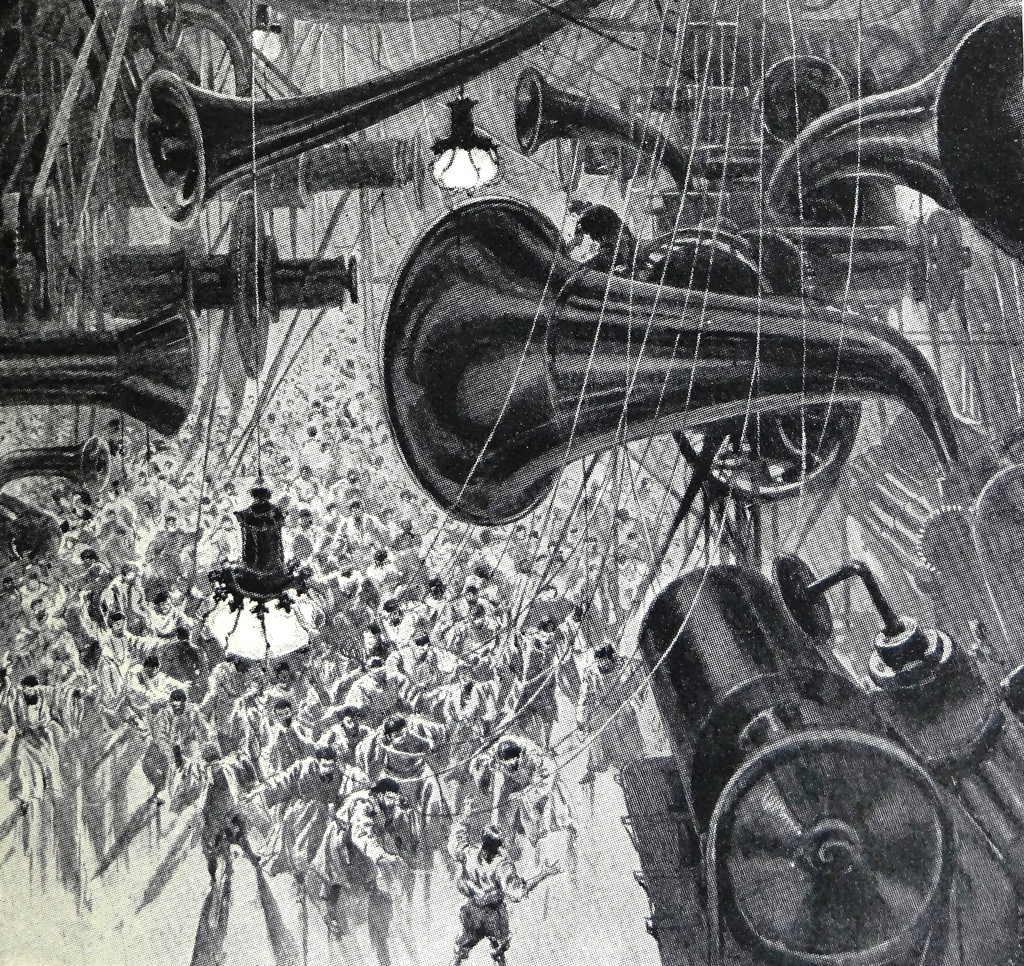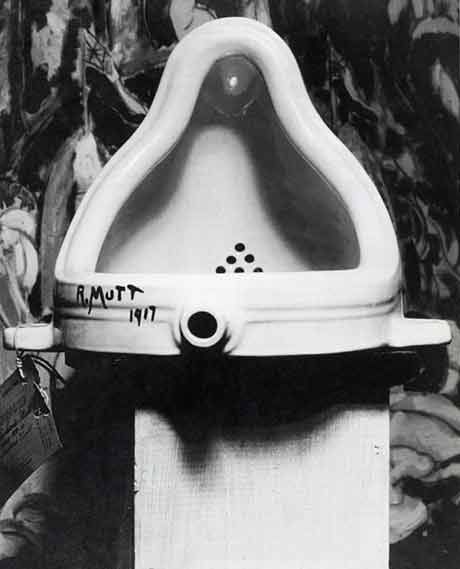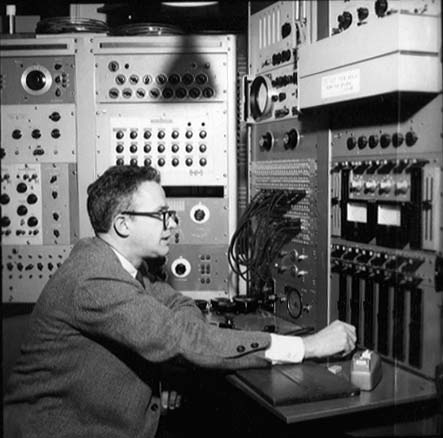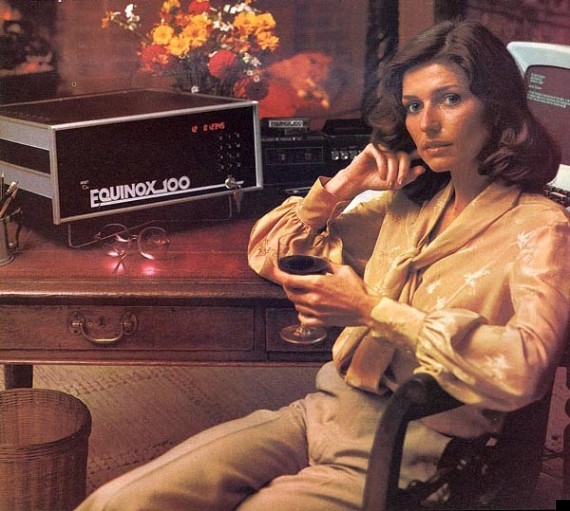Exactly a century ago, people were treated to an early glimpse of what would eventually become the changeover from the Industrial Era to the Information Age when Marcel Duchamp took a crude if useful manufactured fixture of the age (the urinal) and reinvented its meaning simply by presentation. All he added was an idea, pure information. Nothing had changed but perspective, which, of course, can be everything. It was artful, and it was art.
Now that we exist in a data-rich world and are constantly lowering ourselves deeper and deeper into the machine, our emotions, a key component of the artistic experience, are increasingly being played by social networks and search engines. In a Bloomberg View essay, historian Yuval Noah Harari considers a time when data, rather than human inspiration, will inform art. He believes biometrics and algorithms will combine to read our moods and feed us music, which will eventually be composed by computers.
An excerpt:
If art defined by human emotions, what might happen once external algorithms are able to understand and manipulate human emotions better than Shakespeare, Picasso or Lennon? After all, emotions are not some mystical phenomenon — they are a biochemical process. Hence, given enough biometric data and enough computing power, it might be possible to hack love, hate, boredom and joy.
In the not-too-distant future, a machine-learning algorithm could analyze the biometric data streaming from sensors on and inside your body, determine your personality type and your changing moods, and calculate the emotional impact that a particular song — or even a particular musical key — is likely to have on you.
Of all forms of art, music is probably the most susceptible to Big Data analysis, because both inputs and outputs lend themselves to mathematical depiction. The inputs are the mathematical patterns of soundwaves, and the outputs are the electrochemical patterns of neural storms. Allow a learning machine to go over millions of musical experiences, and it will learn how particular inputs result in particular outputs.
Supposed you just had a nasty fight with your boyfriend. The algorithm in charge of your sound system will immediately discern your inner emotional turmoil, and based on what it knows about you personally and about human psychology in general, it will play songs tailored to resonate with your gloom and echo your distress. These particular songs might not work well with other people, but are just perfect for your personality type. After helping you get in touch with the depths of your sadness, the algorithm would then play the one song in the world that is likely to cheer you up — perhaps because your subconscious connects it with a happy childhood memory that even you are not aware of. No human DJ could ever hope to match the skills of such an AI.•
Tags: Yuval Noah Harari




